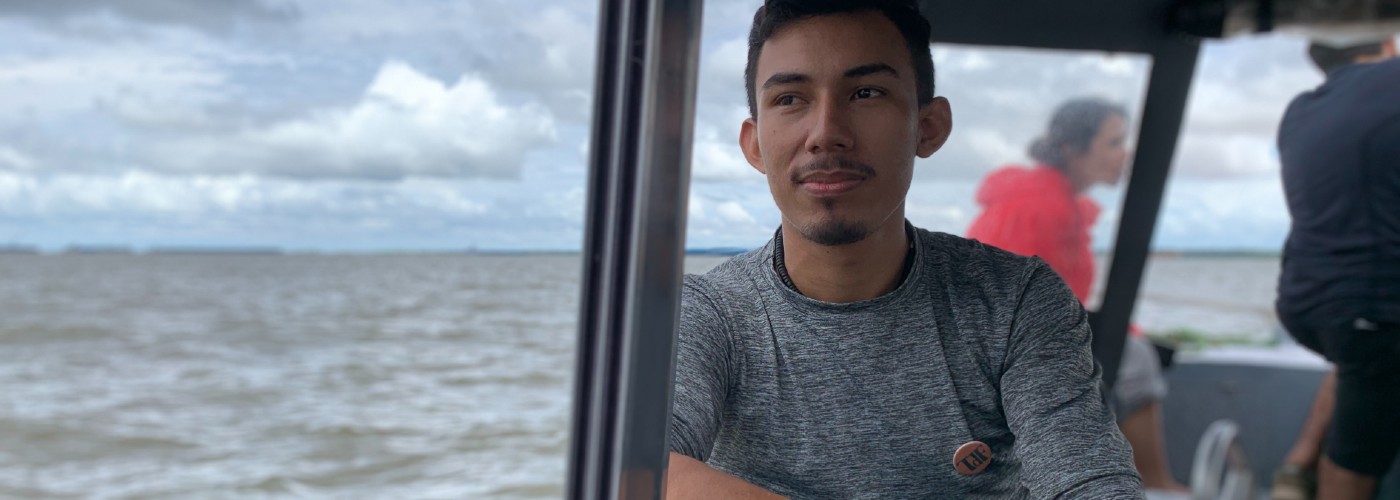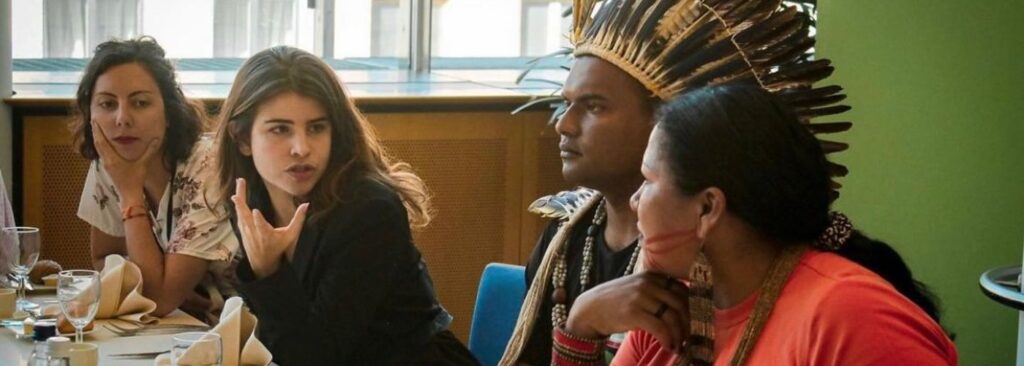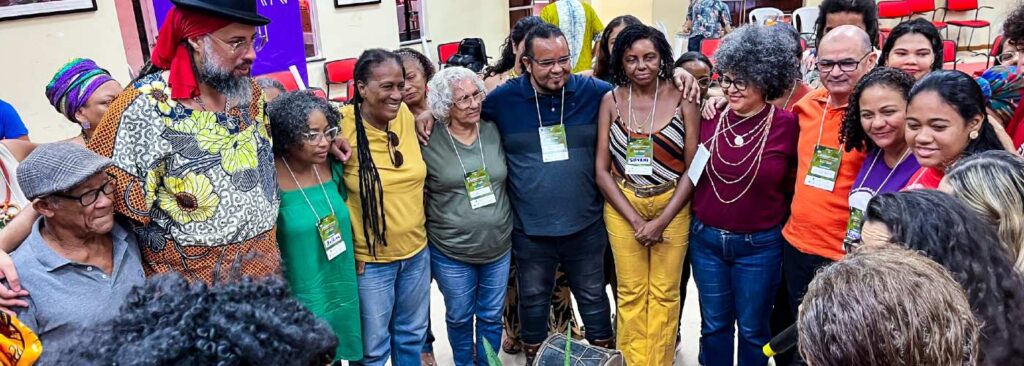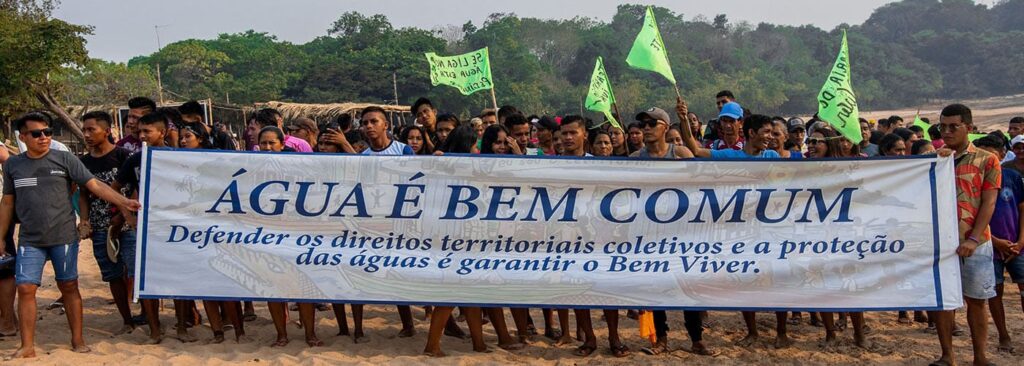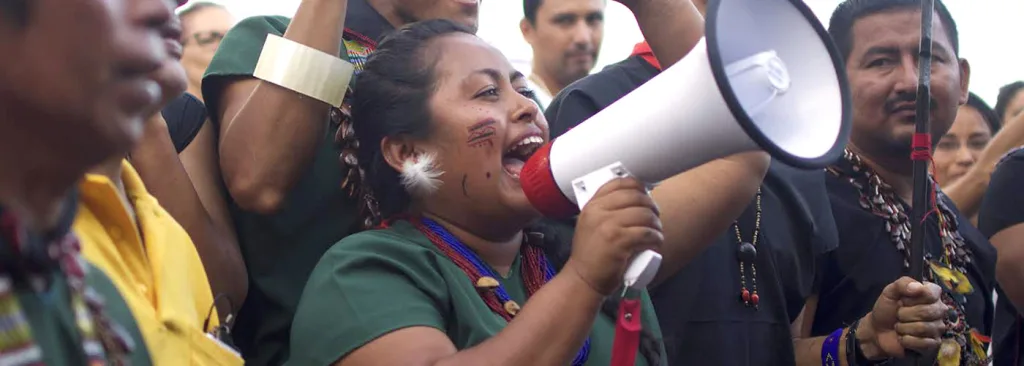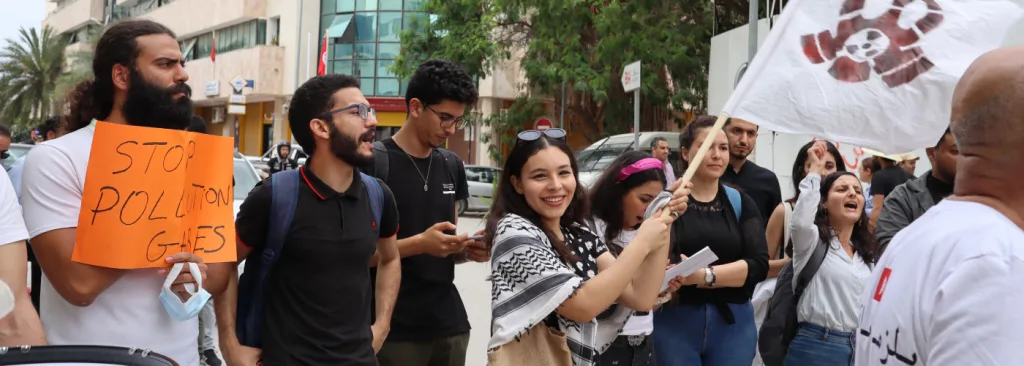Indigenous communities in the Amazon live in remote areas with little access to news, information or services. The types of media that do reach them are often financed by the agro-industry and companies that put profit above nature.
But the independent media platform Tapajós de Fato, supported by Hivos, speaks with a different voice.
João Paulo (25) works for Tapajós de Fato and lives in Pará, a state in the Brazilian Amazon. “There are many ‘news deserts’ in the Amazon, only mass media reach these places,” he says. “The mass media always talks about how our region should be ‘developed’ economically. All the while, centuries-old vulnerable nature is being destroyed and people are being chased off their land by commercial interests.”
These mainstream media channels are financed by big agro, governments, and multinationals that mine for raw materials in the region. “In short, by parties for whom protecting the rainforest is not the highest priority,” says João.
His organization, Tapajós de Fato, is trying to cut through the fog of mass media messaging. This independent media platform informs the local population about human rights violations and exploitation of the rainforest. With the support of Hivos, they are also able to reach the most remote communities. “Many radio stations in the Amazon are located in places without internet. Thanks to Hivos, we were able to distribute our podcasts to them on USB sticks.”
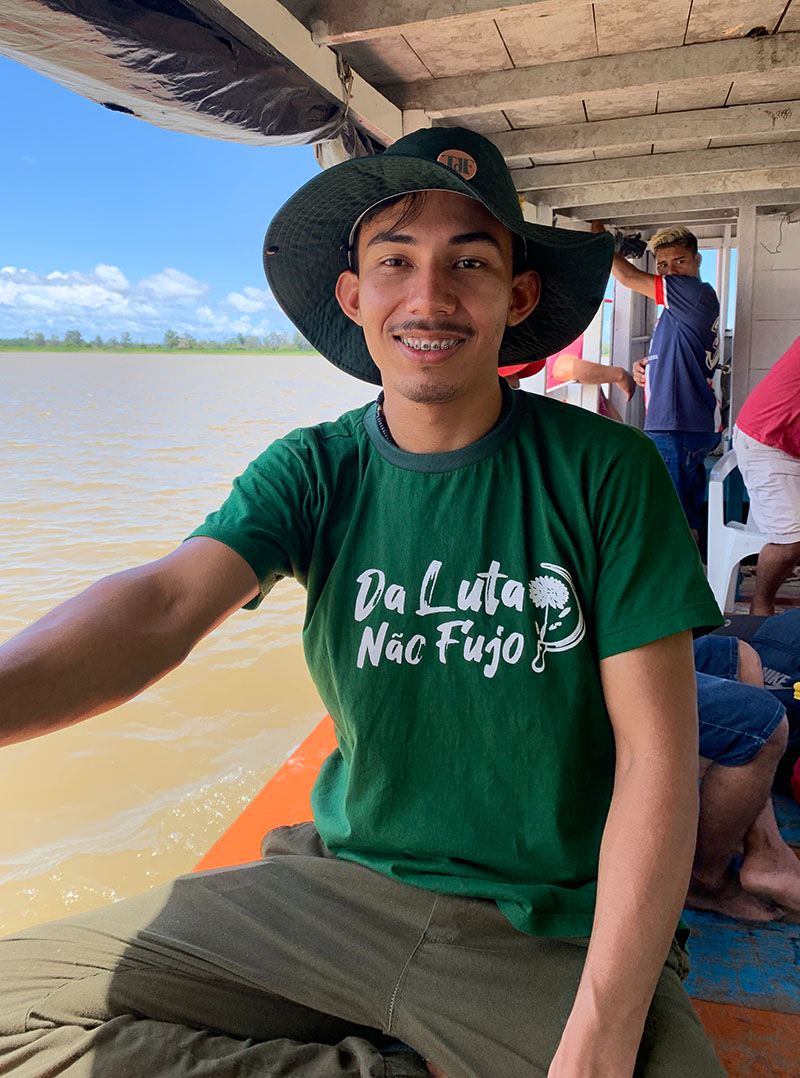
Not without danger
The work João and his colleagues do is not without danger. “We are threatened and even attacked because we report on violations of human rights and the rights of nature. Every year, dozens of human rights defenders and environmental activists are murdered in Brazil. Pará is actually one of the most dangerous places for us.”
Nevertheless, João and his colleagues bravely carry on. “We are the only independent media platform working in the Amazon. Without our reporting, abuses in the region would go undiscovered. Local communities and victims of climate change need the information we provide to make their voices heard in the political and public debate.”

